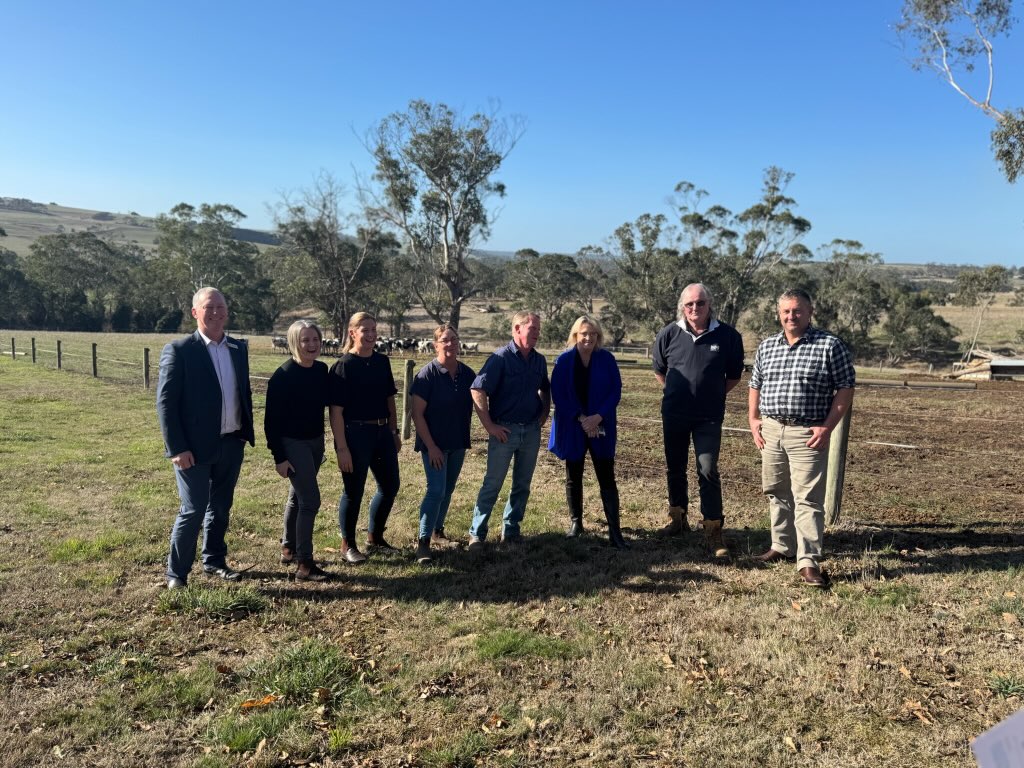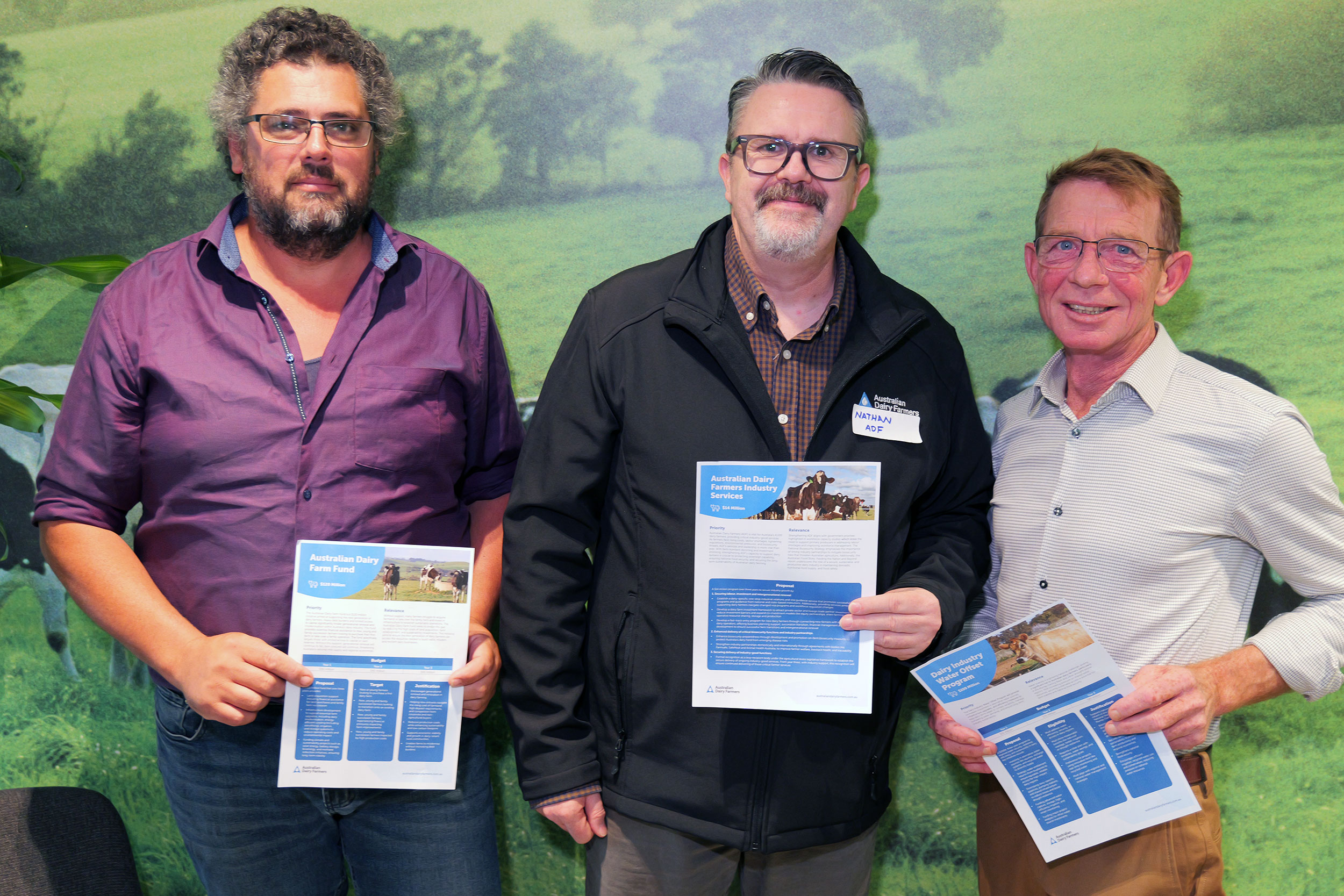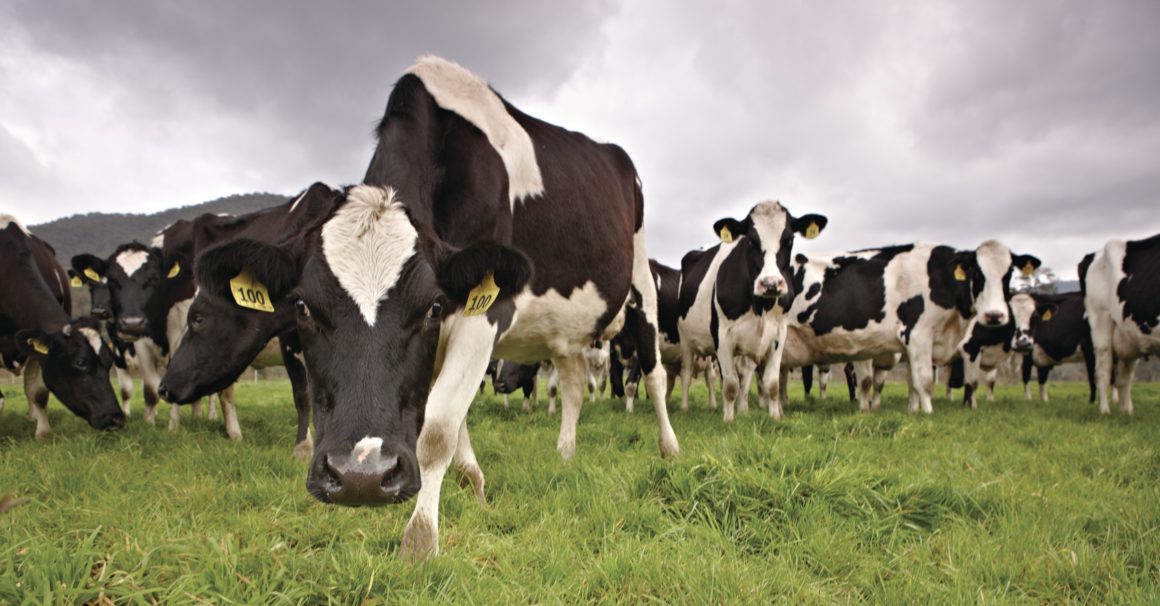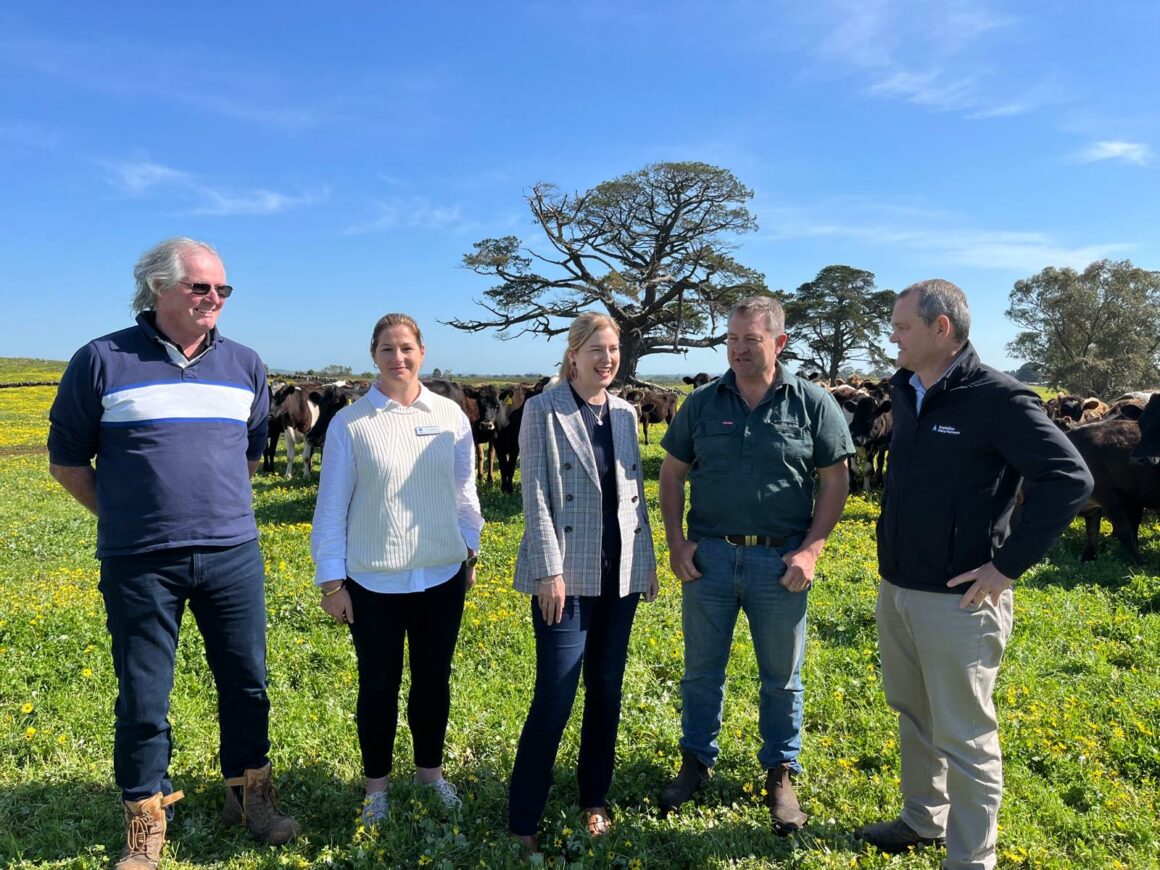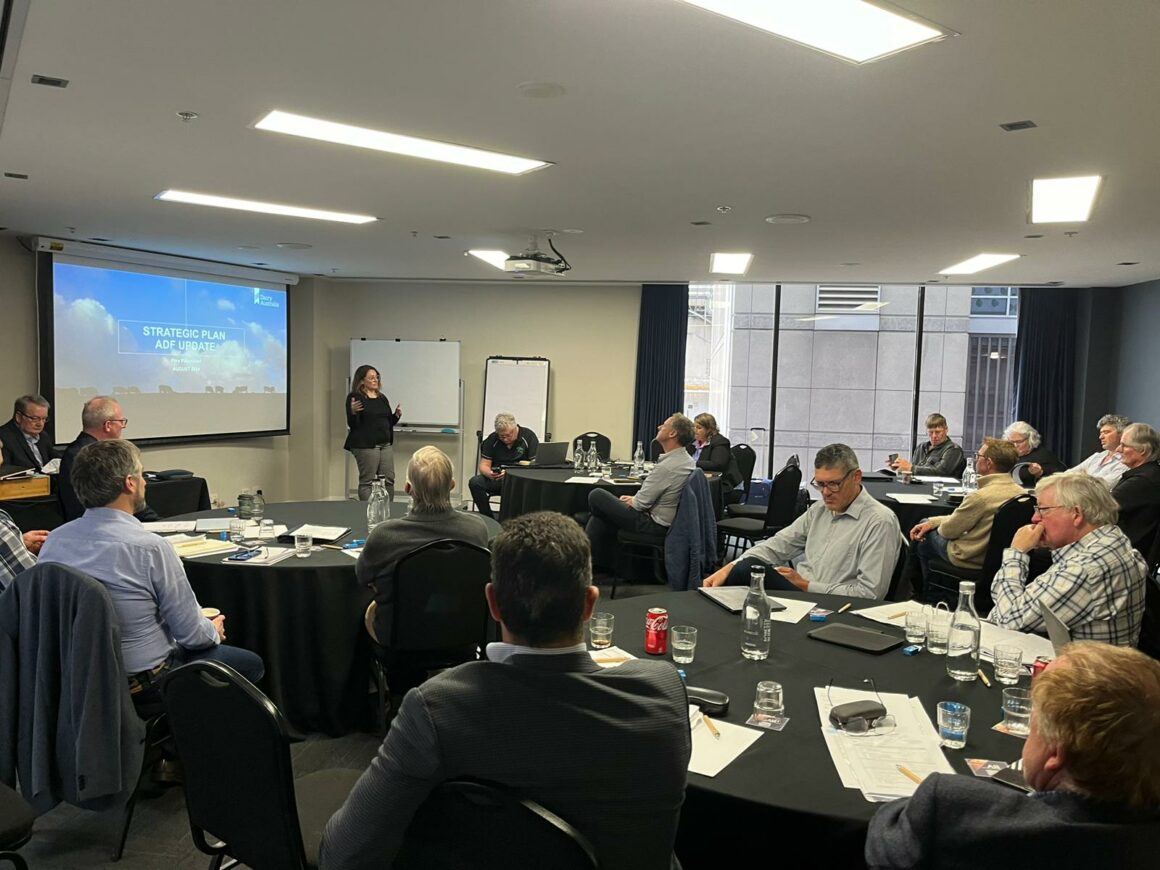By Ben Bennett, President, Australian Dairy Farmers
After more than seven years of negotiations, Australian dairy producers face a looming threat: a flood of cheap, government-subsidised European cheese.
This is not alarmism – it’s a very real concern for Australian Dairy Farmers (ADF), the peak body representing our nation’s dairy farmers, and should also be of concern to Australian consumers.
With the major trade agreement between Australia and the European Union (EU) expected to be finalised in 2026, we urge the Federal Government to hold its nerve and protect the interests of Australian agriculture and Australian industry.
If the government fails to stand firm, this deal could fail both Australian farmers and the national interest.
While the dairy sector welcomes renewed efforts to secure a fair Free Trade Agreement (FTA) with the EU, the current proposals are anything but fair or free.
Last month we saw reports suggesting France was pushing the case to have negotiations on another FTA between the EU and South American countries delayed to allow time to “continue work on getting the legitimate measures of protection for … European agriculture” in place.
In other words, we’re seeing blatant protectionism from the EU – alongside demands these South American countries open their doors and allow the EU unfettered access.
Is this any different to what the EU will do with access the Australian market? The simple answer is no.
The European dairy industry enjoys massive subsidies – a luxury Australian farmers do not enjoy. As a result, the EU produces over 160 billion litres of milk annually – 19 times more than Australia – and is by far the world’s largest exporter of dairy products.
These subsidies allow European producers to sell cheese at artificially low prices, creating an uneven playing field that could devastate our local industry.
Australia already imports more than 70,000 tonnes of European cheese annually – about 2.6 kilograms for every Australian.
In stark contrast, we export just 1,500 tonnes of cheese to the EU each year. Spread across a population of 450 million, that’s a mere 3.3 grams per person.
The EU claims its market is at risk if Australian producers continue using names like feta or parmesan – terms that have been part of our food culture for generations.
But the real risk lies in cheap, subsidised cheese flooding into Australia, driving local producers out of business and hollowing out regional communities.
The EU is the world’s largest cheese producer by a country mile, and our market is a drop in the ocean compared to theirs. Even a modest increase in EU imports could open the floodgates and drown our industry in imported product.
Meanwhile, the EU refuses to grant Australia the same market access to EU markets as they in-turn expect access to in Australia.
If Europe wants full access to our market, it must offer the same in return. Anything less is not fair or ‘free’ trade; it is exploitation.
Australian dairy is more than an industry; it’s a cornerstone of rural life.
It supports thousands of jobs, sustains regional economies, and delivers high-quality, nutritious food to millions of Australians.
Undermining this sector would have ripple effects far beyond the farm gate, impacting transporters, processors, retail, and the communities that depend on them.
Our farmers operate in one of the toughest environments in the world.
They innovate, invest in sustainability, and uphold world-class standards in animal welfare and environmental stewardship – all without the cushion of government subsidies.
These values matter to Australian consumers, and they should not be sacrificed for the sake of an unfair trade deal.
If this agreement goes ahead on the EU’s terms, the consequences could be irreversible.
Once farms close or move away from dairy, they don’t come back. Once processing factories close, they don’t re-open. And once communities decline, rebuilding them is near impossible.
We’re not asking for special treatment. We’re asking for fairness – a level playing field.
A deal that recognises the value of Australian dairy and gives our farmers the chance to compete on merit, not subsidies.
As we enter what is likely the last year of negotiations, the Federal Government must stand firm.
Reject demands that disadvantage Australian farmers and insist on terms that create real opportunities for growth.
Let’s remember, after all – no deal is better than a dud deal.
Photo by Katrin Leinfellner on Unsplash



